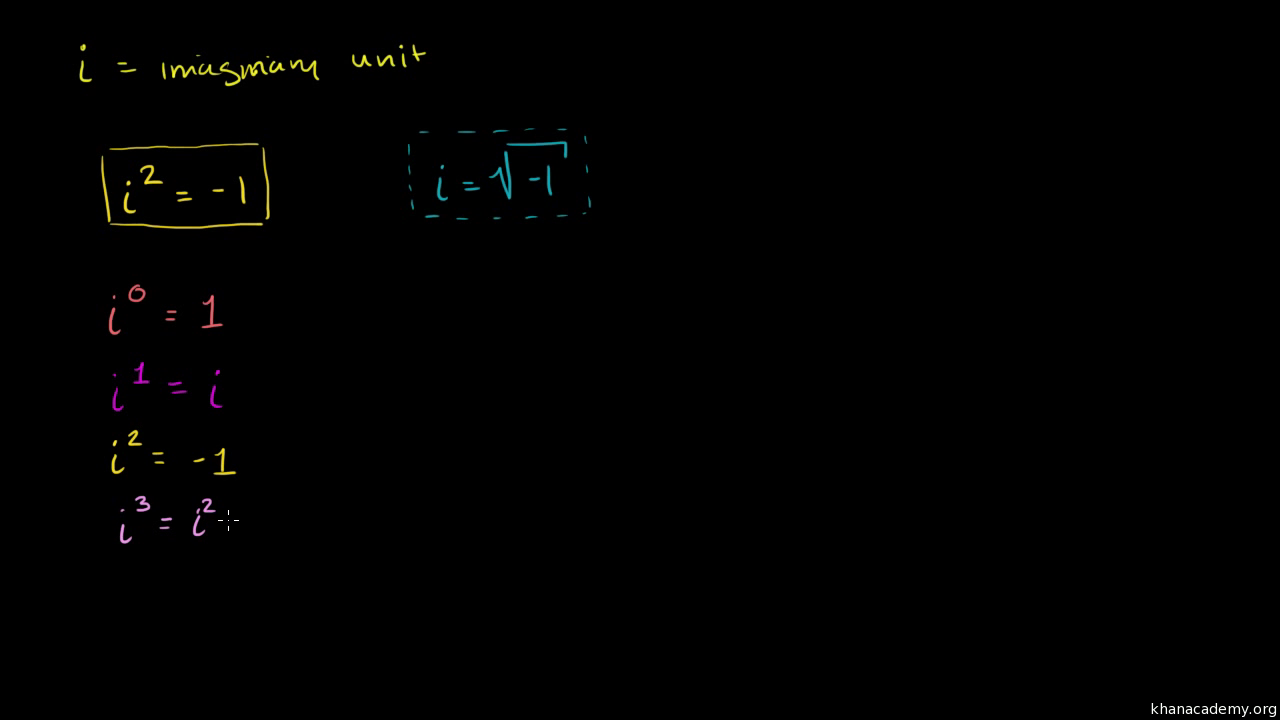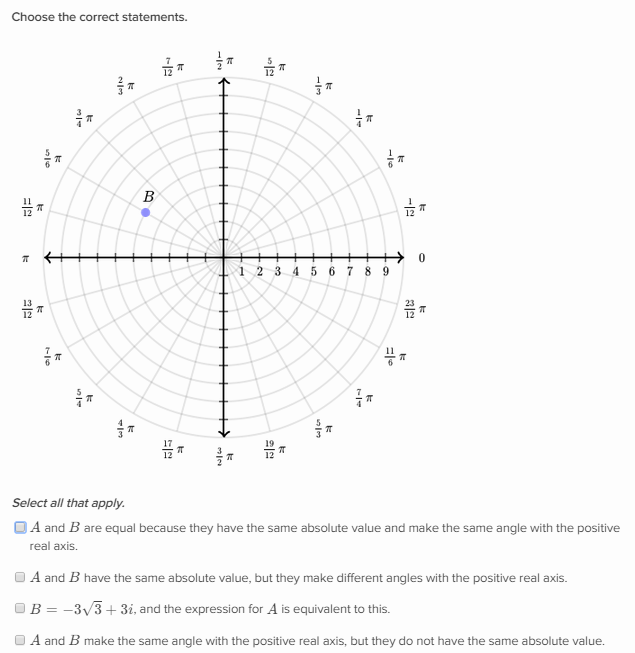Khan Academy Polar Equations
Khan Academy Polar Equations - Polar functions are graphed using polar coordinates, i.e., they take an angle as an input and output a radius! If you're behind a web filter, please. Start practicing—and saving your progress—now: If you're seeing this message, it means we're having trouble loading external resources on our website. Conversion from cartesian to polar coordinates watch the next lesson: Polar functions are graphed using polar coordinates, i.e., they take an angle as an input and output a radius!
Conversion from cartesian to polar coordinates watch the next lesson: Polar functions are graphed using polar coordinates, i.e., they take an angle as an input and output a radius! Polar functions are graphed using polar coordinates, i.e., they take an angle as an input and output a radius! If you're seeing this message, it means we're having trouble loading external resources on our website. Start practicing—and saving your progress—now: If you're behind a web filter, please.
Polar functions are graphed using polar coordinates, i.e., they take an angle as an input and output a radius! If you're seeing this message, it means we're having trouble loading external resources on our website. Polar functions are graphed using polar coordinates, i.e., they take an angle as an input and output a radius! Start practicing—and saving your progress—now: If you're behind a web filter, please. Conversion from cartesian to polar coordinates watch the next lesson:
Parametric equations 1 Parametric equations and polar coordinates
If you're behind a web filter, please. Polar functions are graphed using polar coordinates, i.e., they take an angle as an input and output a radius! If you're seeing this message, it means we're having trouble loading external resources on our website. Polar functions are graphed using polar coordinates, i.e., they take an angle as an input and output a.
Dividing complex numbers in polar and exponential form Precalculus
Polar functions are graphed using polar coordinates, i.e., they take an angle as an input and output a radius! If you're seeing this message, it means we're having trouble loading external resources on our website. Polar functions are graphed using polar coordinates, i.e., they take an angle as an input and output a radius! If you're behind a web filter,.
Worked example Area between two polar graphs AP Calculus BC Khan
Polar functions are graphed using polar coordinates, i.e., they take an angle as an input and output a radius! Conversion from cartesian to polar coordinates watch the next lesson: If you're seeing this message, it means we're having trouble loading external resources on our website. If you're behind a web filter, please. Polar functions are graphed using polar coordinates, i.e.,.
Polar coordinates 2 Parametric equations and polar coordinates
If you're behind a web filter, please. Polar functions are graphed using polar coordinates, i.e., they take an angle as an input and output a radius! If you're seeing this message, it means we're having trouble loading external resources on our website. Start practicing—and saving your progress—now: Polar functions are graphed using polar coordinates, i.e., they take an angle as.
Derivatives in polar coordinates YouTube
Polar functions are graphed using polar coordinates, i.e., they take an angle as an input and output a radius! If you're seeing this message, it means we're having trouble loading external resources on our website. If you're behind a web filter, please. Start practicing—and saving your progress—now: Conversion from cartesian to polar coordinates watch the next lesson:
Polar coordinates 3 Parametric equations and polar coordinates
If you're behind a web filter, please. Conversion from cartesian to polar coordinates watch the next lesson: If you're seeing this message, it means we're having trouble loading external resources on our website. Polar functions are graphed using polar coordinates, i.e., they take an angle as an input and output a radius! Polar functions are graphed using polar coordinates, i.e.,.
Cartesian to Polar Equations
Conversion from cartesian to polar coordinates watch the next lesson: Polar functions are graphed using polar coordinates, i.e., they take an angle as an input and output a radius! Start practicing—and saving your progress—now: Polar functions are graphed using polar coordinates, i.e., they take an angle as an input and output a radius! If you're seeing this message, it means.
How To Graph Polar Equations Khan Academy
Polar functions are graphed using polar coordinates, i.e., they take an angle as an input and output a radius! Conversion from cartesian to polar coordinates watch the next lesson: Start practicing—and saving your progress—now: Polar functions are graphed using polar coordinates, i.e., they take an angle as an input and output a radius! If you're behind a web filter, please.
Rectangular and polar forms of complex numbers Khan Academy Wiki Fandom
If you're behind a web filter, please. Start practicing—and saving your progress—now: Conversion from cartesian to polar coordinates watch the next lesson: If you're seeing this message, it means we're having trouble loading external resources on our website. Polar functions are graphed using polar coordinates, i.e., they take an angle as an input and output a radius!
Polar Coordinates and Equations
Conversion from cartesian to polar coordinates watch the next lesson: If you're seeing this message, it means we're having trouble loading external resources on our website. Start practicing—and saving your progress—now: Polar functions are graphed using polar coordinates, i.e., they take an angle as an input and output a radius! Polar functions are graphed using polar coordinates, i.e., they take.
Polar Functions Are Graphed Using Polar Coordinates, I.e., They Take An Angle As An Input And Output A Radius!
Start practicing—and saving your progress—now: Conversion from cartesian to polar coordinates watch the next lesson: If you're behind a web filter, please. If you're seeing this message, it means we're having trouble loading external resources on our website.









